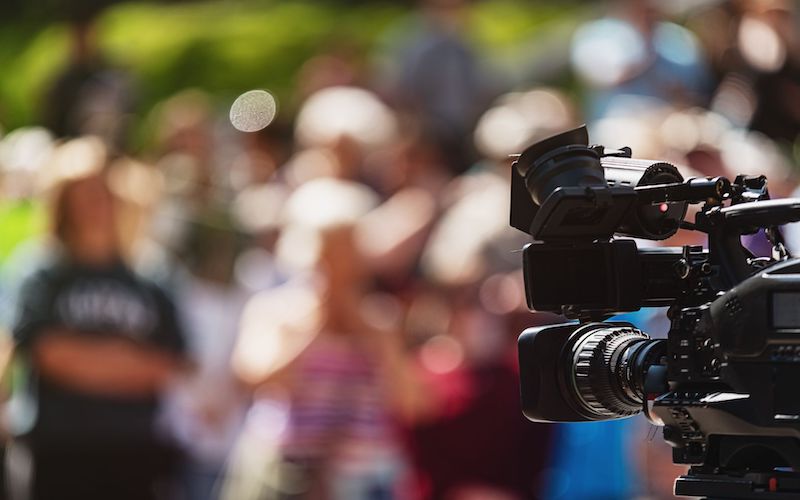First Amendment Watch’s Citizen’s Guide to Recording Police
On October 9, 2020, the Georgia First Amendment Foundation hosted and recorded a virtual training session exploring ways the First Amendment protects the public’s right to record police; the rules of engagement when journalists and citizens record police in action; and how free speech rights come into play in encounters between the public and police.
In the City of Atlanta, pursuant to a court order in Anderson v. City of Atlanta, 11-CV-3398-SCJ (N.D.Ga. 2012), Atlanta Police Department Standard Operating Procedures (SOPs) require as follows regarding citizens’ right to record:
- All employees shall be prohibited from interfering with a citizen’s right to record police activity by photographic, video, or audio means. This prohibition is in effect only as long as the recording by the citizen does not physically interfere with the performance of an officer’s duties;
- Employees shall not intentionally delete or destroy the original or sole copy any photograph, audio, or video recording of police activity created by a member of the public;
- Employees shall not intentionally delete or destroy the original or sole copy of any photograph, audio, or video recording relating to any use of force described under the “Reporting Requirements” section of APD SOP 3010 (“Use of Force”).


